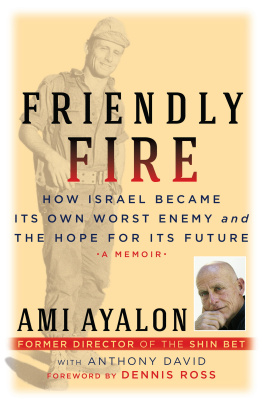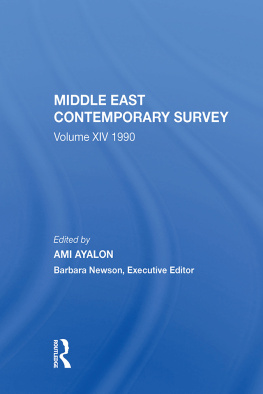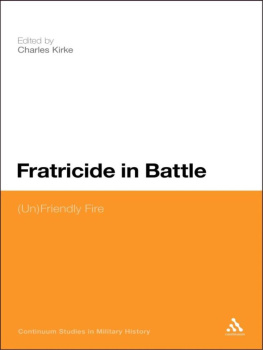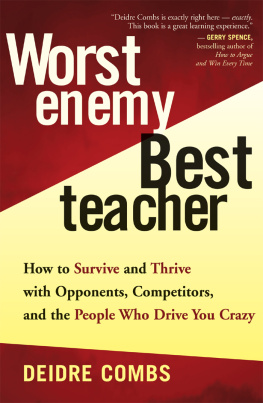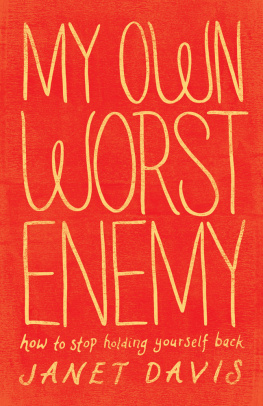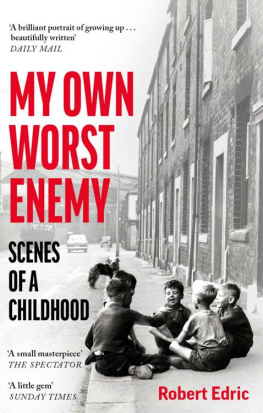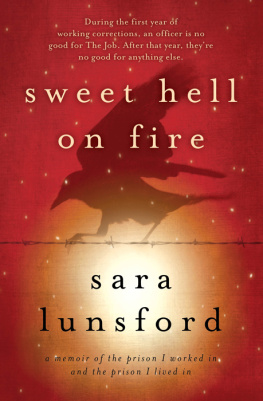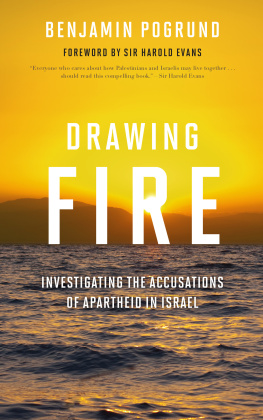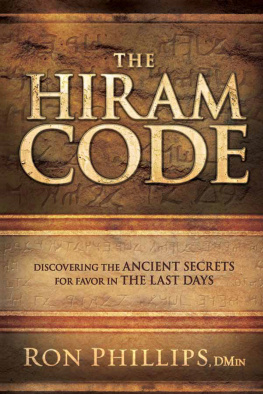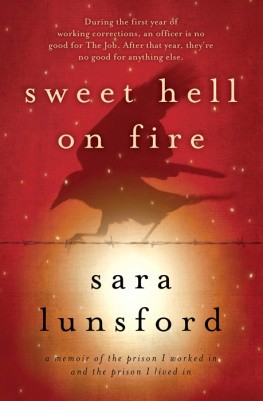Ami Ayalon - Friendly Fire: How Israel Became Its Own Worst Enemy and the Hope for Its Future
Here you can read online Ami Ayalon - Friendly Fire: How Israel Became Its Own Worst Enemy and the Hope for Its Future full text of the book (entire story) in english for free. Download pdf and epub, get meaning, cover and reviews about this ebook. year: 2020, publisher: Steerforth Press, genre: Home and family. Description of the work, (preface) as well as reviews are available. Best literature library LitArk.com created for fans of good reading and offers a wide selection of genres:
Romance novel
Science fiction
Adventure
Detective
Science
History
Home and family
Prose
Art
Politics
Computer
Non-fiction
Religion
Business
Children
Humor
Choose a favorite category and find really read worthwhile books. Enjoy immersion in the world of imagination, feel the emotions of the characters or learn something new for yourself, make an fascinating discovery.
- Book:Friendly Fire: How Israel Became Its Own Worst Enemy and the Hope for Its Future
- Author:
- Publisher:Steerforth Press
- Genre:
- Year:2020
- Rating:4 / 5
- Favourites:Add to favourites
- Your mark:
- 80
- 1
- 2
- 3
- 4
- 5
Friendly Fire: How Israel Became Its Own Worst Enemy and the Hope for Its Future: summary, description and annotation
We offer to read an annotation, description, summary or preface (depends on what the author of the book "Friendly Fire: How Israel Became Its Own Worst Enemy and the Hope for Its Future" wrote himself). If you haven't found the necessary information about the book — write in the comments, we will try to find it.
Ami Ayalon: author's other books
Who wrote Friendly Fire: How Israel Became Its Own Worst Enemy and the Hope for Its Future? Find out the surname, the name of the author of the book and a list of all author's works by series.
Friendly Fire: How Israel Became Its Own Worst Enemy and the Hope for Its Future — read online for free the complete book (whole text) full work
Below is the text of the book, divided by pages. System saving the place of the last page read, allows you to conveniently read the book "Friendly Fire: How Israel Became Its Own Worst Enemy and the Hope for Its Future" online for free, without having to search again every time where you left off. Put a bookmark, and you can go to the page where you finished reading at any time.
Font size:
Interval:
Bookmark:
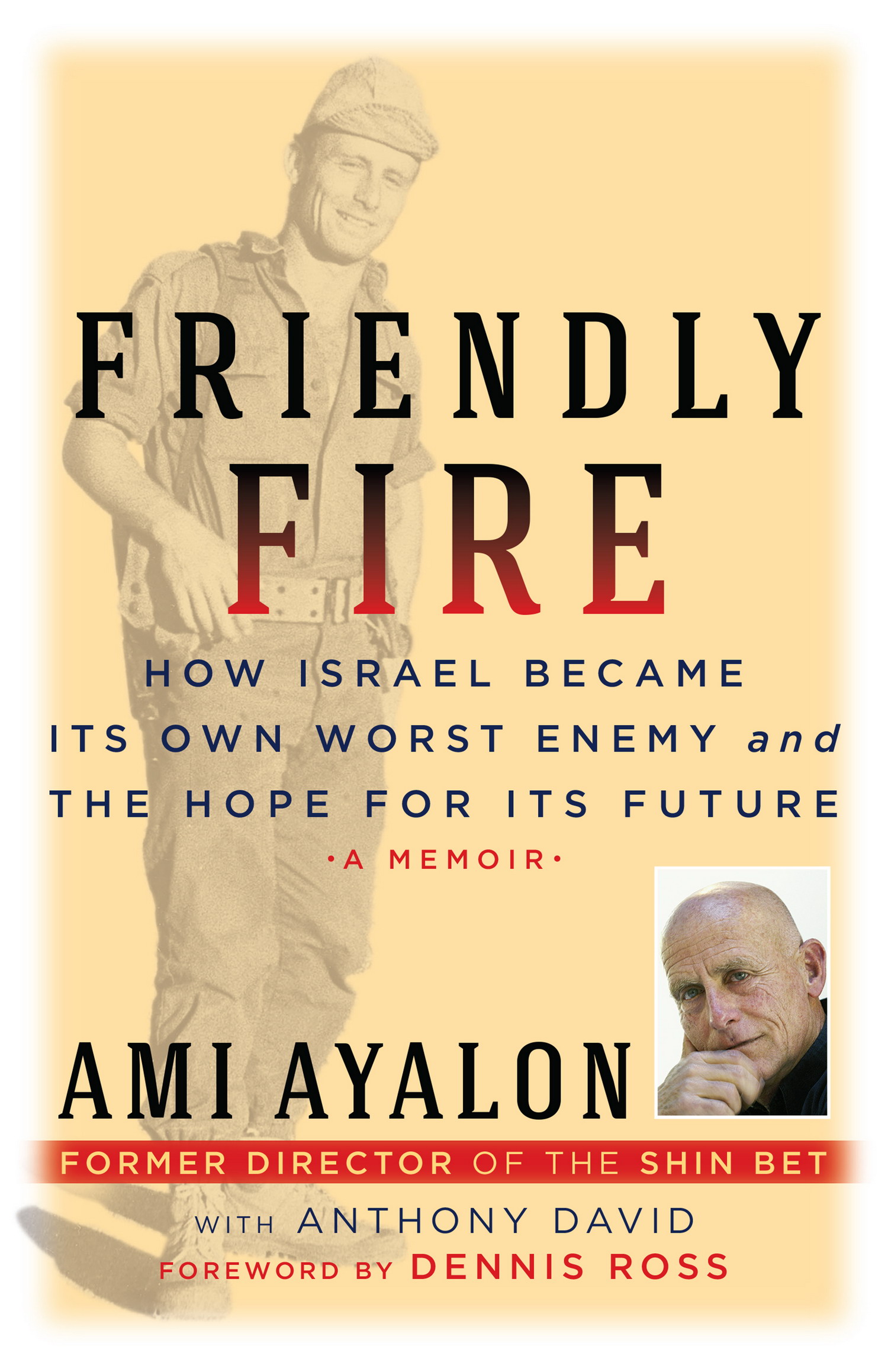
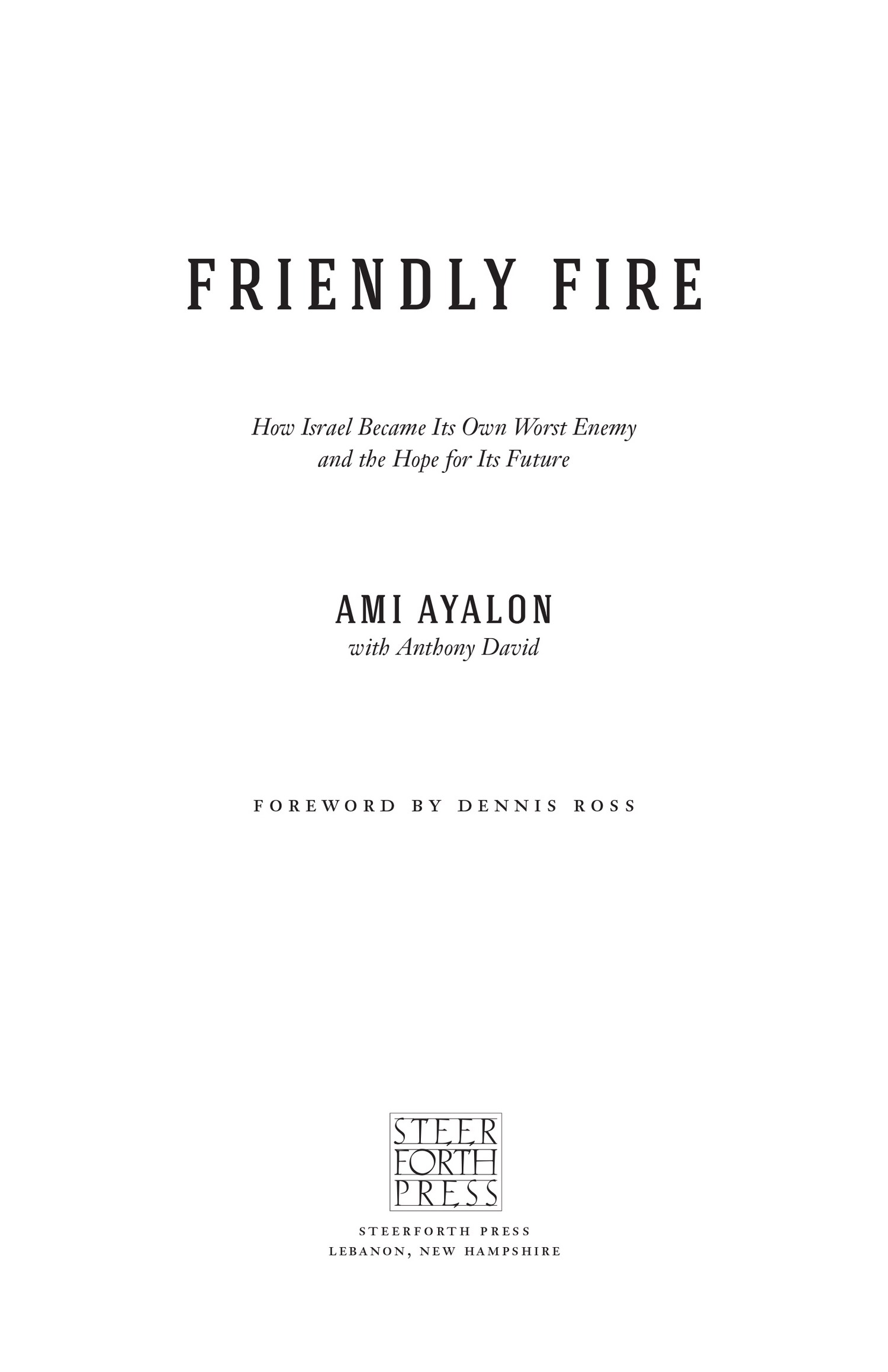
Copyright 2020 by Amichay Ayalon
Foreword Copyright 2020 by Dennis Ross
A LL R IGHTS R ESERVED
For information about permission to reproduce selections from this book, write to:
Steerforth Press L. L. C., 31 Hanover Street, Suite 1
Lebanon, New Hampshire 03766
Cataloging-in-Publication Data is available from the Library of Congress
Ebook ISBN9781586422592
a_prh_5.5.0_c0_r0
I now believe that all journeys are ridiculous: the only journey from which you dont always come back empty-handed is the journey inside yourself.
Amos Oz, A Tale of Love and Darkness
Ami Ayalon is a remarkable man. I met him when he was the head of the Shin Bet and I was the lead American negotiator on the Arab-Israeli conflict in the 1990s. I spent a great deal of time shuttling between Israelis and Palestinians, and between the US and the Middle East. On every visit and during every shuttle I made a point of going to see Ami at his headquarters. I wanted to compare what I was seeing in my dealings with Yasser Arafat and all of his negotiators and get a feel for how Shin Bet saw Palestinian reality.
I say Shin Bet because Ami would bring in his deputies and his key Palestinian watchers those who were the operators and dealt daily with the Palestinians on the ground and those who were analysts of the Palestinians and their society. While I was, of course, speaking to Palestinians apart from those with whom I was negotiating, I also came to value what I would hear at the Shin Bet headquarters. In this organization, which is a cross between our FBI and CIA and largely responsible for Israeli internal security and prevention of terror, I quickly discovered there was not a Shin Bet view of the Palestinians; there were different views and vantage points.
Ami made sure I heard them all. At this time when there were negotiations and acts of Palestinian terror, he would respond to my questions and observations, and then I would see many of those who worked for him take different positions and offer different explanations for Palestinian behaviors. Some were highly skeptical of Arafat, his underlings, and their purposes. Others were far more sympathetic to the pressures they were under and the searing effect that Israeli actions settlement construction, checkpoints, arrests, and closures had on them.
I saw that Ami was not only personally honest but that he was also intellectually honest. He wanted to hear all points of view, including from those who would challenge what he thought and he did not mind them doing this in front of me.
It is no surprise to me, therefore, that he would write a memoir in which he is introspective and honest with himself. Like others who will read his story, I learned much about his background and his personal evolution. Ami grew up as a kibbutznik in an environment of communal living, egalitarianism, back-breaking work, simple pleasures, and ideological debates. Life was hard and constantly threatening. Living below the Golan Heights, the Syrians constantly shelled the kibbutz and fired on those working the fields. Settlement and security were the guiding principles, especially with the rejection of Israels existence by its neighbors and their employment of terror against this fledging new state. Israels borders were defined by presence and readiness to fight for them and not recognition by its Arab neighbors or even what the international community was prepared to do on Israels behalf which at the time was very little.
Growing up in such an environment, convinced of the Jewish right to reclaim the land of their biblical patrimony, and of ongoing threats to the states existence, Ami chooses the most dangerous and demanding of all military paths. He will be a commando in Flotilla 13 the Israeli equivalent of our navy SEALs. The training is brutal, the missions into enemy territory from the sea extremely dangerous; he would be grievously wounded and yet return to conduct and lead operations. He would be connected with Flotilla 13 for twenty-two years, coming to lead it and later becoming the head of the Israeli navy.
His was a world of kill or be killed. His recruits and friends like Haim Sturman would die the third generation of his family (like his grandfather and father) to be killed in warfare with the Arabs. While Ami would carry out or participate in missions that killed very senior Palestinian terrorist operatives as well as those who gave them the orders such as the cofounder of Fatah, Abu Jihad he had a code that guided him to kill only the target and avoid killing others. His code would lead him to resist orders from those like General Raful Eitan, then head of the Israeli Defense Forces, who seemed to think that collateral damage would send a message not only that no Palestinian operative was beyond Israels reach but also that the price on Palestinian civilians would be high for acts of terror against Israelis.
But Amis code did not lead him to question this seemingly zero-sum world a world in which perpetual killing of terrorists seemed to be the only answer. He does have a revelatory moment when, in the 1980s, as deputy commander of the navy and regularly speaking to Palestinian fishermen, he goes into a refugee camp in Gaza, his jeep is stoned, and he sees a teenager staring at him with a look of sheer hatred. He somehow relates this stare to his own feeling as a teenager when he faced daily threats on the kibbutz and longed for freedom and an end to that oppressive environment Was that not, he asks himself, what this Palestinian boy was also feeling, and was he, in his military jeep, not the symbol of oppression?
The real change in his worldview, however, takes place only when he becomes head of the Shin Bet. He is brought in to head the Shin Bet as a complete outsider after the assassination of Yitzhak Rabin and early on confronts a wave of suicide bombings in Israel. He comes to realize that killing terrorists or arresting them before they can strike is absolutely necessary but not sufficient to stop terrorism. He seeks to understand what drives those who carry out suicide bombings and discovers that often the Israeli killings of their relatives or humiliations of members of their families by Israeli soldiers or settlers have contributed. He also sees that hopelessness, despair, and victimization create a climate that serves to promote the recruitment of new terrorists and suicide bombers by Hamas and Islamic Jihad two radical Islamist groups that reject Israels existence.
While Ami will wage a relentless fight against them and their operatives, he also sees that only if Arafat and the Palestinian Authority fight and discredit them can terrorism be defeated. From his vantage point, he believes that Rabin, Netanyahu, and Barak made mistakes with Arafat: Rabin because he should have given an ultimatum that the peace process would stop if Arafat did not do more to fight terror, and Netanyahu and Barak because they failed to understand that if Arafat could not show that the occupation would end, his ability to fight Hamas would be undercut. He and his men could not and would not look like they were collaborating with Israel to perpetuate its occupation and, in Amis eyes, the notion of always demanding of the Palestinians but rarely delivering to them actually damaged Israeli security.
Font size:
Interval:
Bookmark:
Similar books «Friendly Fire: How Israel Became Its Own Worst Enemy and the Hope for Its Future»
Look at similar books to Friendly Fire: How Israel Became Its Own Worst Enemy and the Hope for Its Future. We have selected literature similar in name and meaning in the hope of providing readers with more options to find new, interesting, not yet read works.
Discussion, reviews of the book Friendly Fire: How Israel Became Its Own Worst Enemy and the Hope for Its Future and just readers' own opinions. Leave your comments, write what you think about the work, its meaning or the main characters. Specify what exactly you liked and what you didn't like, and why you think so.

